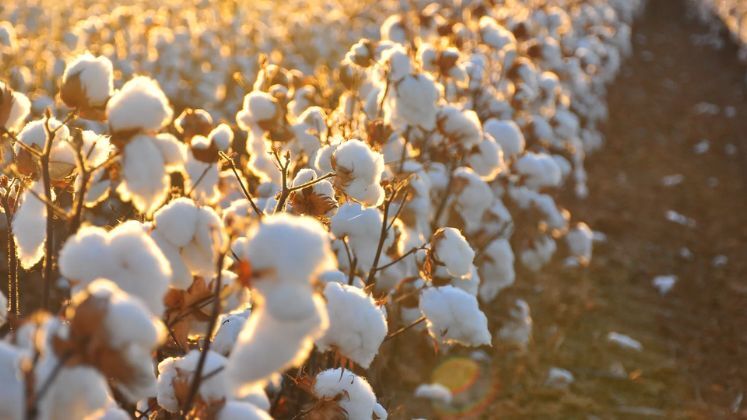
China has declared that it was investigating the American fashion giant PVH Corp., which owns Tommy Hilfiger and Calvin Klein, for allegedly “unreasonably boycotting” cotton produced in its Xinjiang province, where Beijing is charged with grave human rights violations.
PVH is suspected of “unreasonably boycotting Xinjiang cotton and other products… without a factual basis, seriously damaging the legitimate rights and interests of relevant Chinese enterprises,” according to the commerce ministry.
Regarding goods from Xinjiang, PVH was “suspected of breaking normal market trading principles” and “adopting discriminating measures.”
Within thirty days, PVH was instructed by the government to reply to its question regarding whether or not it had discriminated against Xinjiang-related products during the preceding three years.
The statement did not specify the kind of punishment PVH would receive, although it might be placed on China’s “unreliable entity list” and subject to fines or a trade embargo.
Washington moved to restrict the selling of linked cars fitted with Chinese technology just one day ago.
A global compliance statement on the company’s website states that the company “follows the laws and regulations that are applicable wherever we do business, including concerning US Government policy regarding… Xinjiang Uyghur Autonomous Region.”
The US Uyghur Forced Labour Prevention Act forbids the importation of any goods from the Xinjiang region unless the companies can show that forced labour was not used throughout the production process.
PVH has already run afoul of China’s regional policies.
Dozens of Chinese and foreign companies were on the list, all of them “profiting from the use of Uyghur workers outside Xinjiang.”
In a statement sent at the time to the advocacy group Business and Human Rights Resource Centre, PVH expressed its “deep trouble” over the reports. Additionally, the business declared that, “given the current situation in the region,” it was assessing how to “uphold international labour standards.”
Subsequently, it seemed to have directed its suppliers to examine their connections to a state-owned Chinese enterprise that was sanctioned by the US due to claims of its involvement in human rights abuses in Xinjiang.






